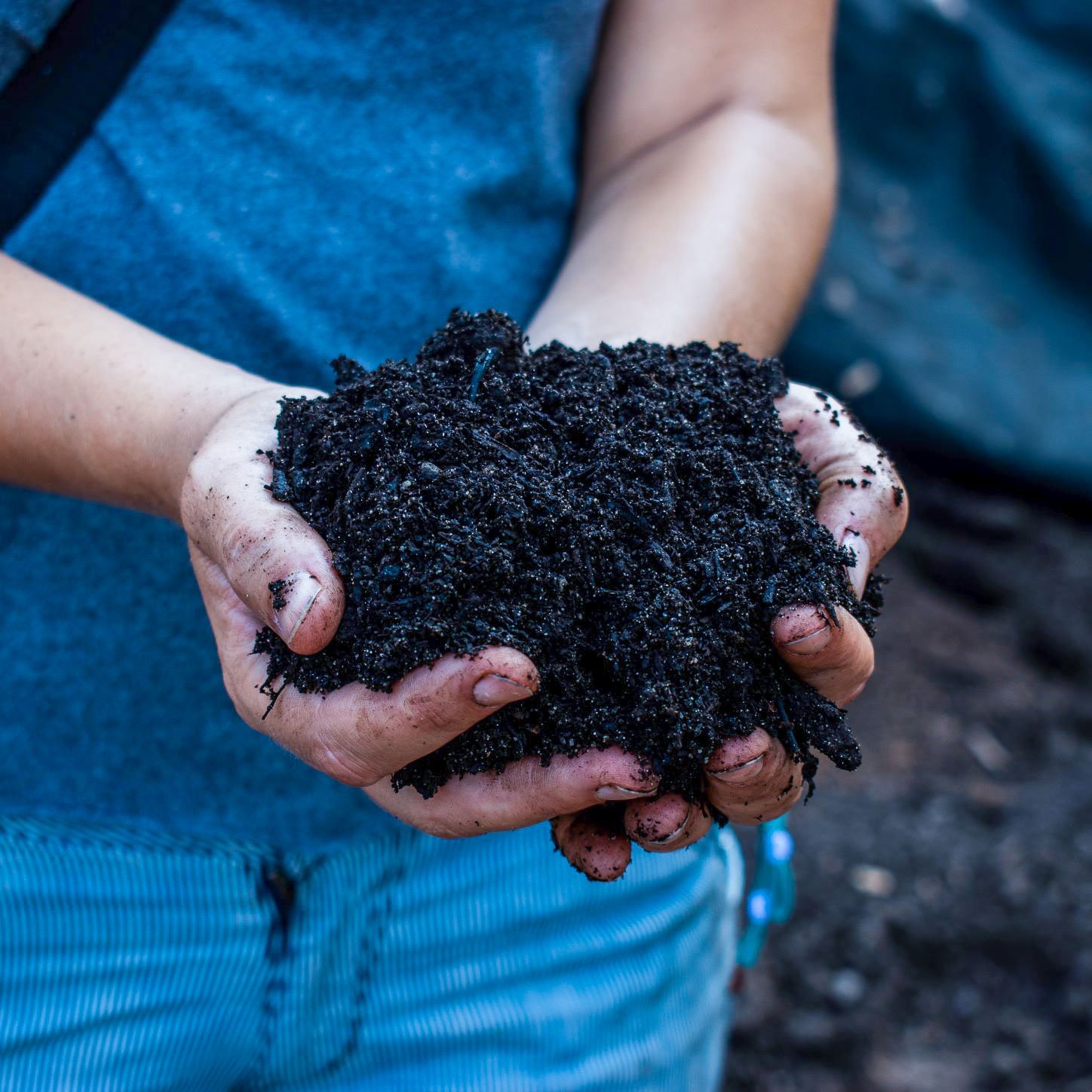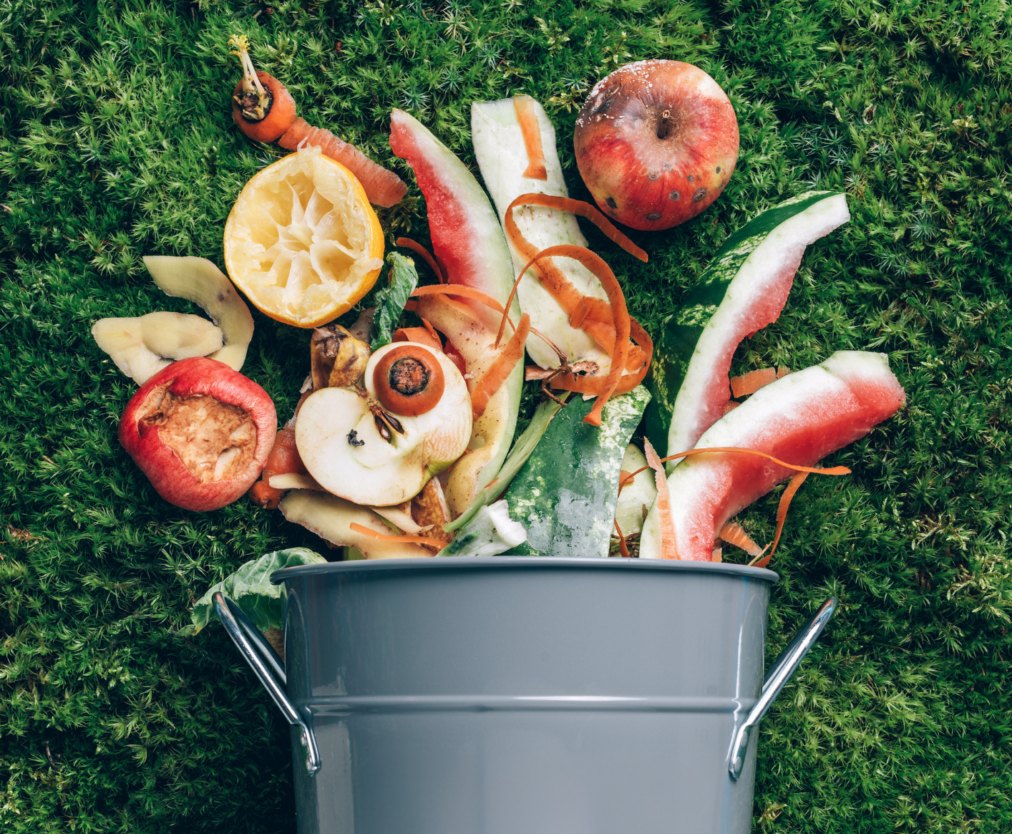


What Is Compost ?
Compost can be made from a wide variety of biodegradable materials, such as domestic garden (botanical) wastes, Landscape contractors green arising and civic amenity green waste. Some composting systems also process small amounts of paper, card, untreated wood and livestock manures.
Composting can be defined as “the natural breakdown of biodegradable materials through mixing, self-generated heating and aeration to form a stable, soil-like material”.
Compost is a natural, safe and environmentally friendly option to consider alongside inorganic fertilizer. There are strict standards for compost production, set out in the British Standards Institute (BSI) PAS 100 certification scheme which Olus fully comply with.
Compost improves soil properties, provides nutrients in a stable organic form, increases plant growth and health, and conserves water.
Mulch reduces weed germination, moderates soil temperature, and conserves water.
